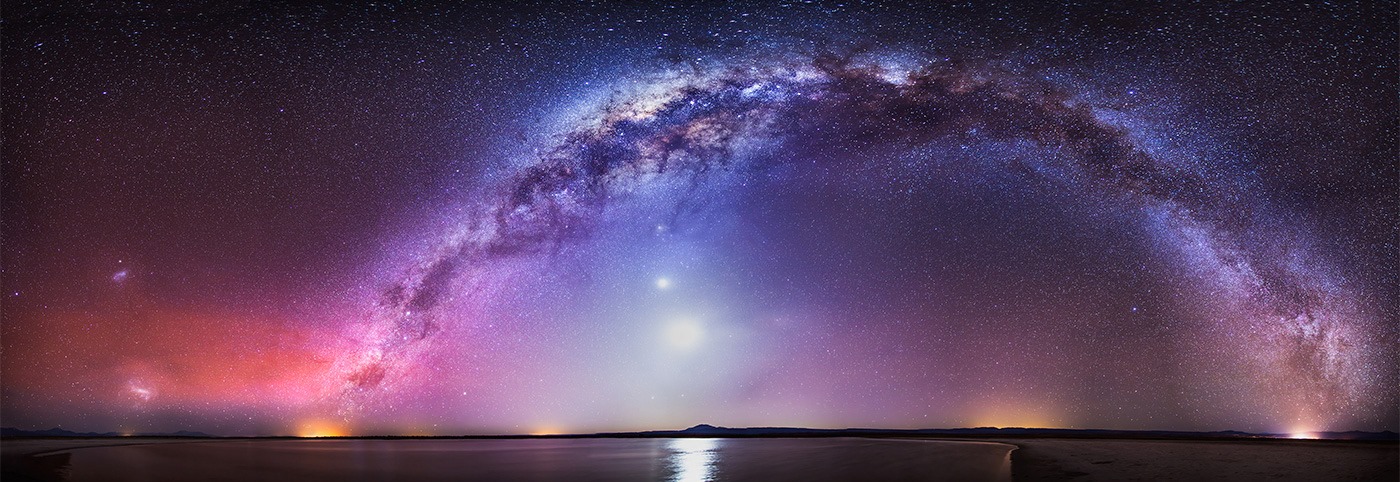(Untitled)
How is RXJ0528+2838 creating such shock waves? A recently discovered white dwarf star, the farther left of the two largest white spots, RXJ0528+2838, was found 730 light-years away from Earth. […]

How is RXJ0528+2838 creating such shock waves? A recently discovered white dwarf star, the farther left of the two largest white spots, RXJ0528+2838, was found 730 light-years away from Earth. […]
What would it be like to fly free in space? About 100 meters from the cargo bay of a space shuttle, Bruce McCandless II was living the dream — floating […]
Roses are red, nebulas are too, and this Valentine’s gift is a stunning view! Pictured is a loving look at the Rosette Nebula (NGC 2237): a cosmic bloom of bright […]
Dwarf galaxies NGC 147 (left) and NGC 185 stand side by side in this deep telescopic portrait. The two are not-often-imaged satellite galaxies of M31, the great spiral Andromeda Galaxy, […]
Dark, smooth regions that cover the Moon’s familiar face are called by Latin names for oceans and seas. That naming convention is historical, though it may seem a little ironic […]
How many sunspots can you see? The central image shows the many sunspots that occurred in 2025, month by month around the circle, and all together in the grand central […]
Raise your arms if you see an aurora. With those instructions, two nights went by with, well, clouds — mostly. On the third night of returning to same peaks, though, […]
What is Miranda really like? Visually, old images from NASA’s Voyager 2 have been recently combined and remastered to result in the featured image of Uranus’s 500-kilometer-wide moon. In the […]
An unusually active sunspot region is now crossing the Sun. The region, labelled AR 4366, is much larger than the Earth and has produced several powerful solar flares over the […]
Peering from the shadows, the Saturn-facing hemisphere of tantalizing inner moon Enceladus poses in this Cassini spacecraft image. North is up in the dramatic scene captured during November 2016 as […]